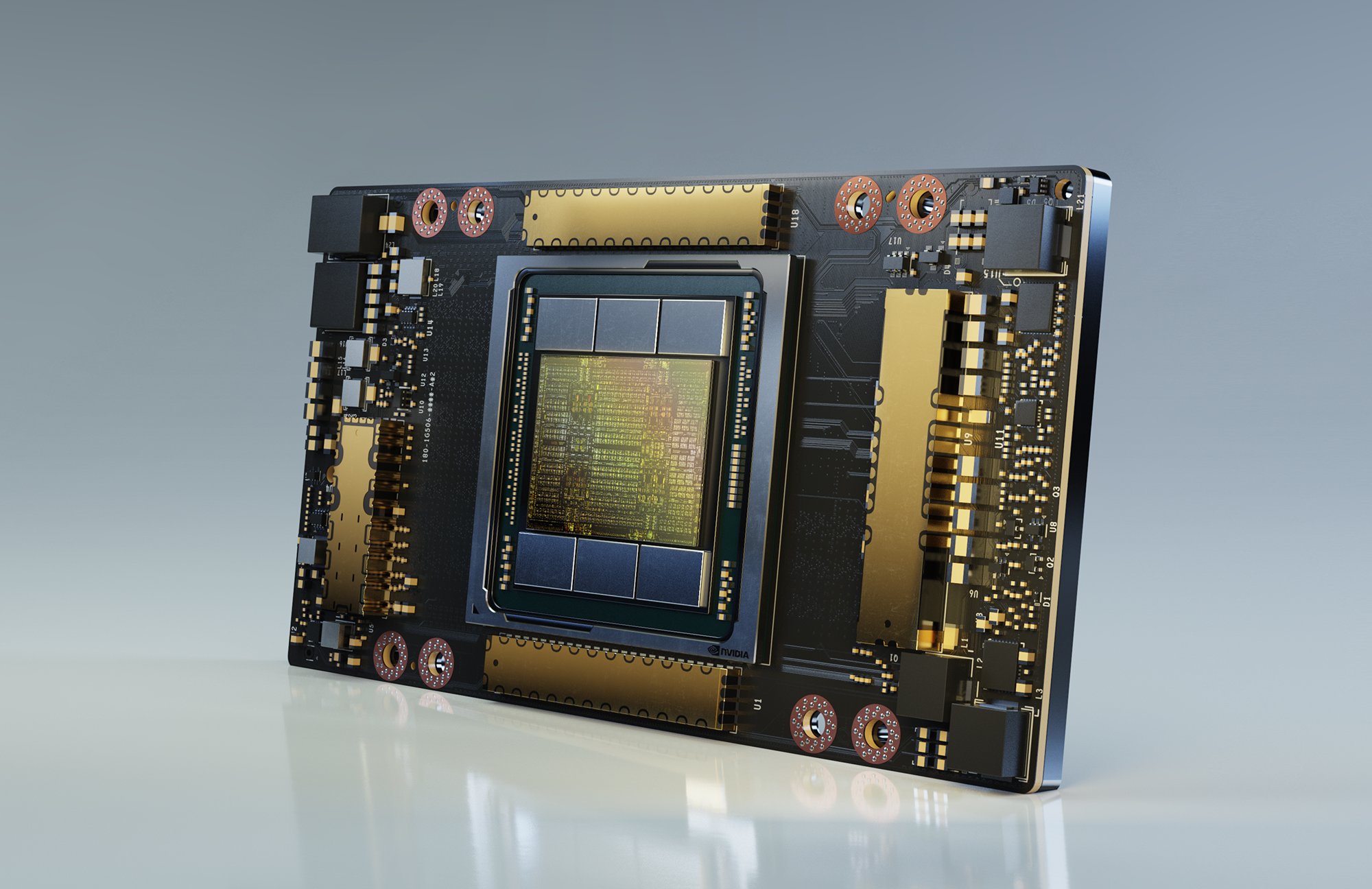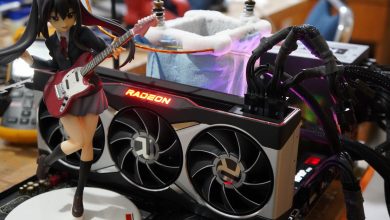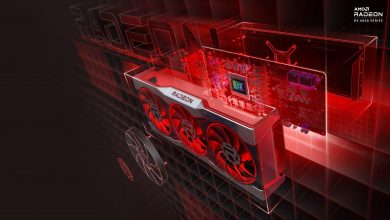
Hewlett Packard Enterprise this week said it had landed an order to build a new supercomputer for the National Supercomputing Centre (NSCC) Singapore.
More than two years ago, Singapore’s National Supercomputing Centre (NSCC) announced a $200 million SGD (~$151 million USD) investment to boost its supercomputing power by an order of magnitude. Today, those plans come closer to fruition with the announcement that Hewlett Packard Enterprise (HPE) has been awarded $40 million SGD from that fund to deliver a new, more powerful supercomputer for the NSCC.
The new NSCC system will be built using a HPE Cray EX supercomputer comprising nearly 900 CPU and GPU nodes, collectively equipped with over 100,000 cores’ worth of third-generation AMD Epyc “Milan” CPUs and 352 Nvidia A100 GPUs. The system will also be augmented with a number of upgrades, including HPE Slingshot networking and a Cray ClusterStor E1000 storage system that will deliver 10 petabytes of storage and 300GB/s read/write performance.
NSCC’s supercomputer uses HPE’s liquid-cooled Cray EX architecture and will be one of the world’s first systems based on AMD’s 3rd Generation Epyc ‘Milan’ processors based on the Zen 3 microarchitecture
The combination of AMD CPUs and Nvidia GPUs makes it possible to use the new supercomputer both for artificial intelligence (AI) and machine learning (ML) as well as traditional high-performance computing (HPC).
The new system will succeed the Fujitsu-built ASPIRE 1, a 1,288-node system installed in 2016. Based on Intel Xeon CPUs and Nvidia Tesla GPUs, ASPIRE 1 is rated at one Linpack petaflops of supercomputing power and has been overwhelmed with demand, supporting around 4,000 users and, as a result, reliably operating at over 90 percent capacity. When the investment was announced, NSCC was targeting 15-20 petaflops of compute power for its new system, but HPE now claims that the new system will be “8X faster compared to NSCC’s existing pool of HPC resources,” delivering around 10 petaflops.

Supercomputers have enabled the scientific community in Singapore to make significant strides in their research,” said Tan Tin Wee, chief executive of the NSCC. “The new system will provide the necessary resources to meet the growing supercomputing needs of our researchers, and to enable more of such significant scientific breakthroughs at the national and global level.”
Initially, the NSCC will use its new HPC machine for biomedicine, genomics, diseases, engineering, and high-resolution weather modeling, but over time it can be used for a wide range of applications that require AI and/or HPC.
Initial research targets for the system included supercomputing applications in climate modeling and industrial simulation for oil rigs and engines – but in the interim, of course, much has changed. In today’s announcement, COVID-19 research got top billing among research applications, with the NSCC highlighting its work to understand the spread of airborne droplets from coughs – an outcome of its special Call for Projects, issued in March 2020, that prioritized COVID research on the NSCC’s HPC systems. The NSCC also highlighted applications for accelerating weather and climate modeling for Singapore and Southeast Asia and for improving safety in autonomous driving using HPC-powered AI training.
“As a major user of NSCC supercomputers, the National Environment Agency’s Centre for Climate Research Singapore (CCRS) is pleased to hear the announcement of the new national supercomputer system upgrade,” said Dale Barker, director of the CCRS. “CCRS will make use of the enhanced NSCC computing resource to deliver updated ‘V3’ regional climate projections, in support of our mission to advance scientific understanding of tropical climate variability and change and its associated weather systems affecting Singapore and the wider Southeast Asia Region.”
Lim Keng Hui, executive director of the Institute of High Performance Computing (IHPC), added that the new supercomputer “will enable IHPC to deepen research in critical innovation areas such as environmental modelling for urban sustainability, materials design for low-carbon and circular economy, and AI to improve healthcare.”
We are inspired by how Singapore’s community of scientists have leveraged high performance computing to improve ongoing research efforts,” said Bill Mannel, vice president and general manager, HPE. “The new system will deliver a significant boost to R&D, allowing Singapore’s community of scientists and engineers to make greater contributions that will unlock innovation, economic value, and overall, strengthen the nation’s position in becoming more digitally-driven.”
Beyond the supercomputer, the NSCC announced in 2019 that it would be using a large portion of the $200 million SGD to fund other upgrades, including high-performance networking (along with other network upgrades) and an “ultra-green” datacenter. The NSCC detailed some of those investments today, confirming that the new system will be housed in a sustainable datacenter and that the system itself will use liquid cooling and adding that the system’s network infrastructure will be expanded with multiple 100Gbps links to the Lightwave Internet Exchange provided by Singapore’s Advanced Research and Education Network (SingAREN).
The next generation national supercomputer for Singapore will be a green, warm water-cooled system – one of the first known deployments of such a system in a tropical environment. When operational the supercomputer is expected to provide an aggregate of up to 10 PFLOPS of raw compute power and is eight times more powerful than the current ASPIRE1 supercomputer.
ASPIRE1, which was commissioned in 2016, has been running at near full capacity in support of local advanced research that requires high-end computing resources. The new system is the first in a series of supercomputers that will be deployed in phases from now till 2025 to expand and upgrade Singapore’s high-performance computing (HPC) capabilities for the research community here.
The new system, which will be 8X faster compared to NSCC’s existing pool of HPC resources, will expand and augment ongoing research efforts by enabling tools such as artificial intelligence (AI) and deep machine learning to optimize modeling, simulation and even software simulation for quantum computing.
The new system, which remains unnamed, is planned to become operational in “early 2022.”




